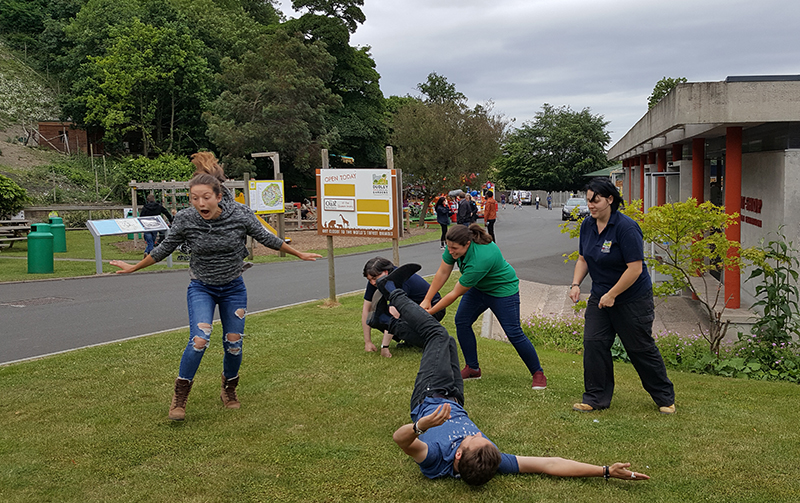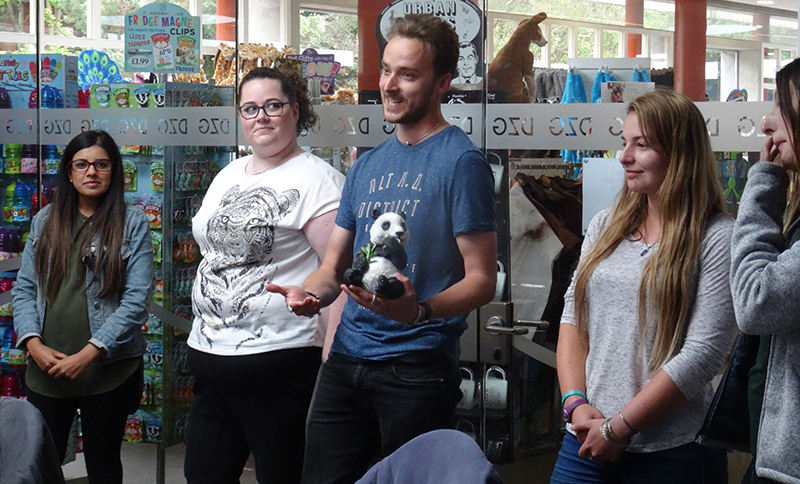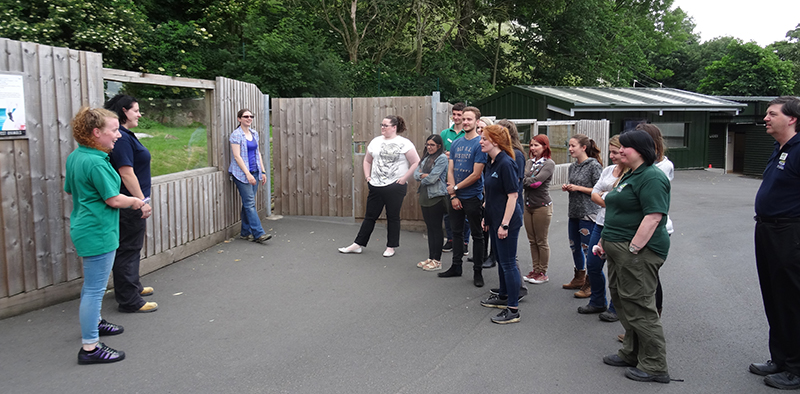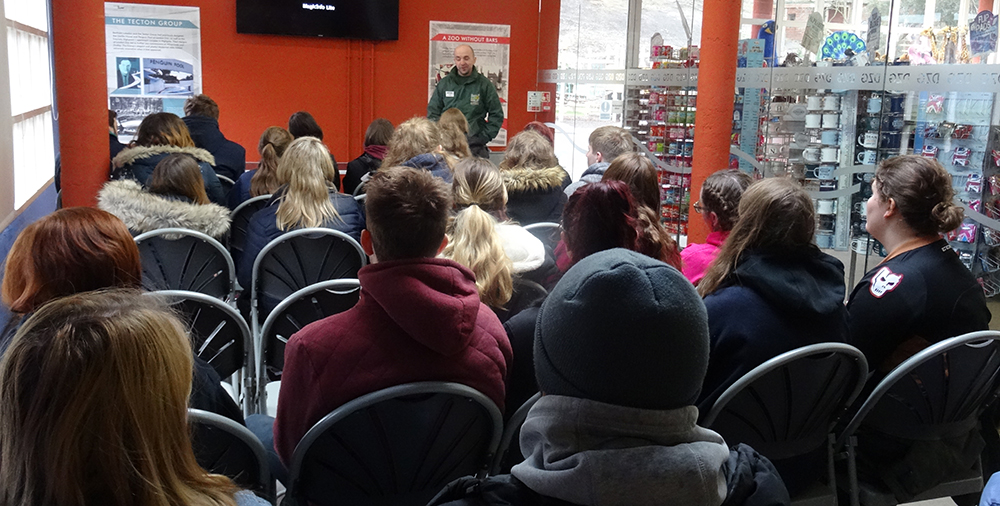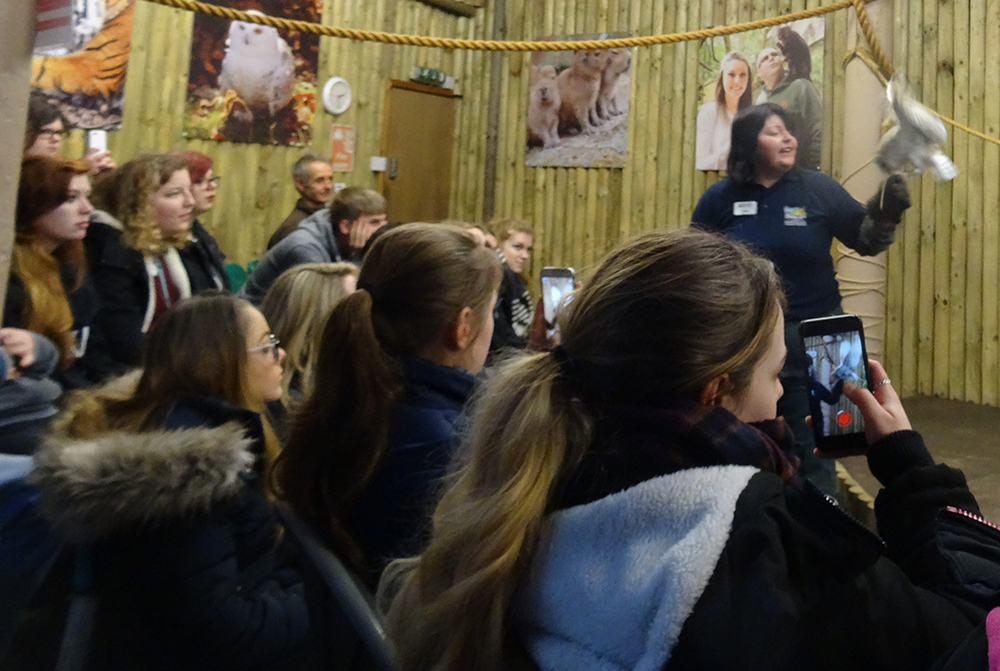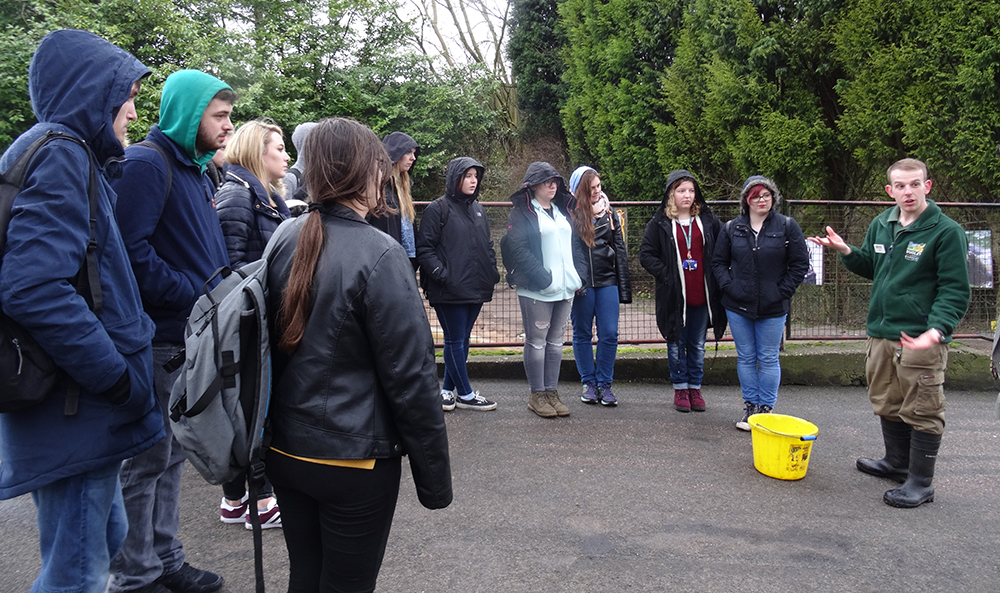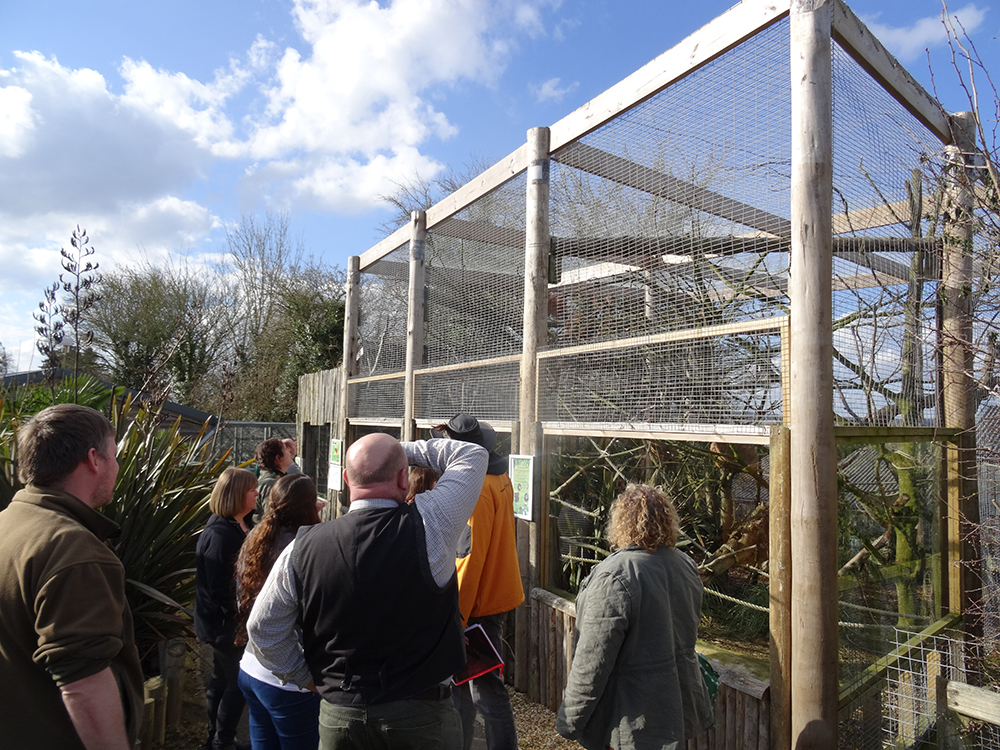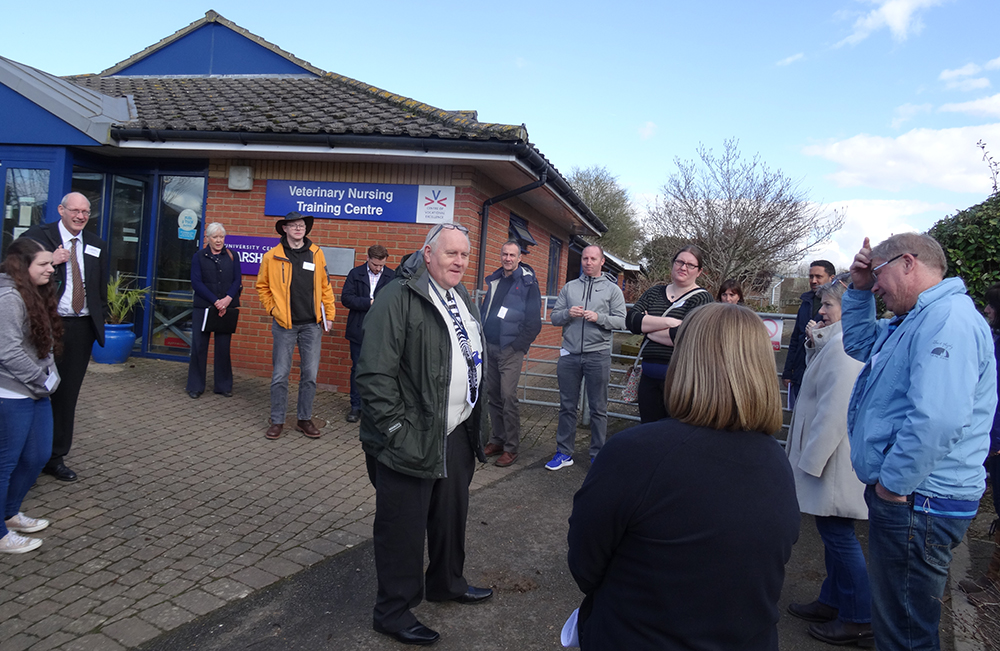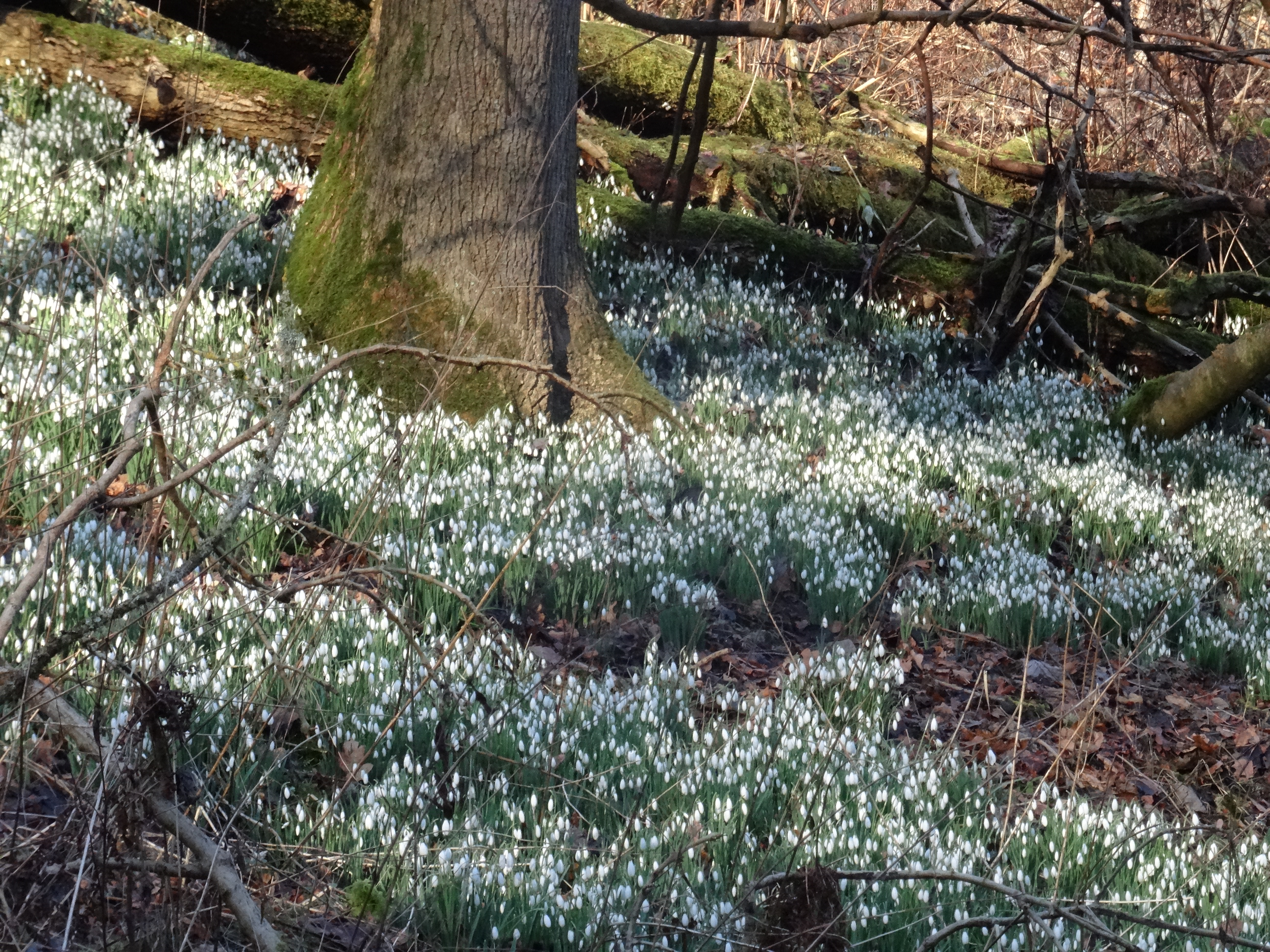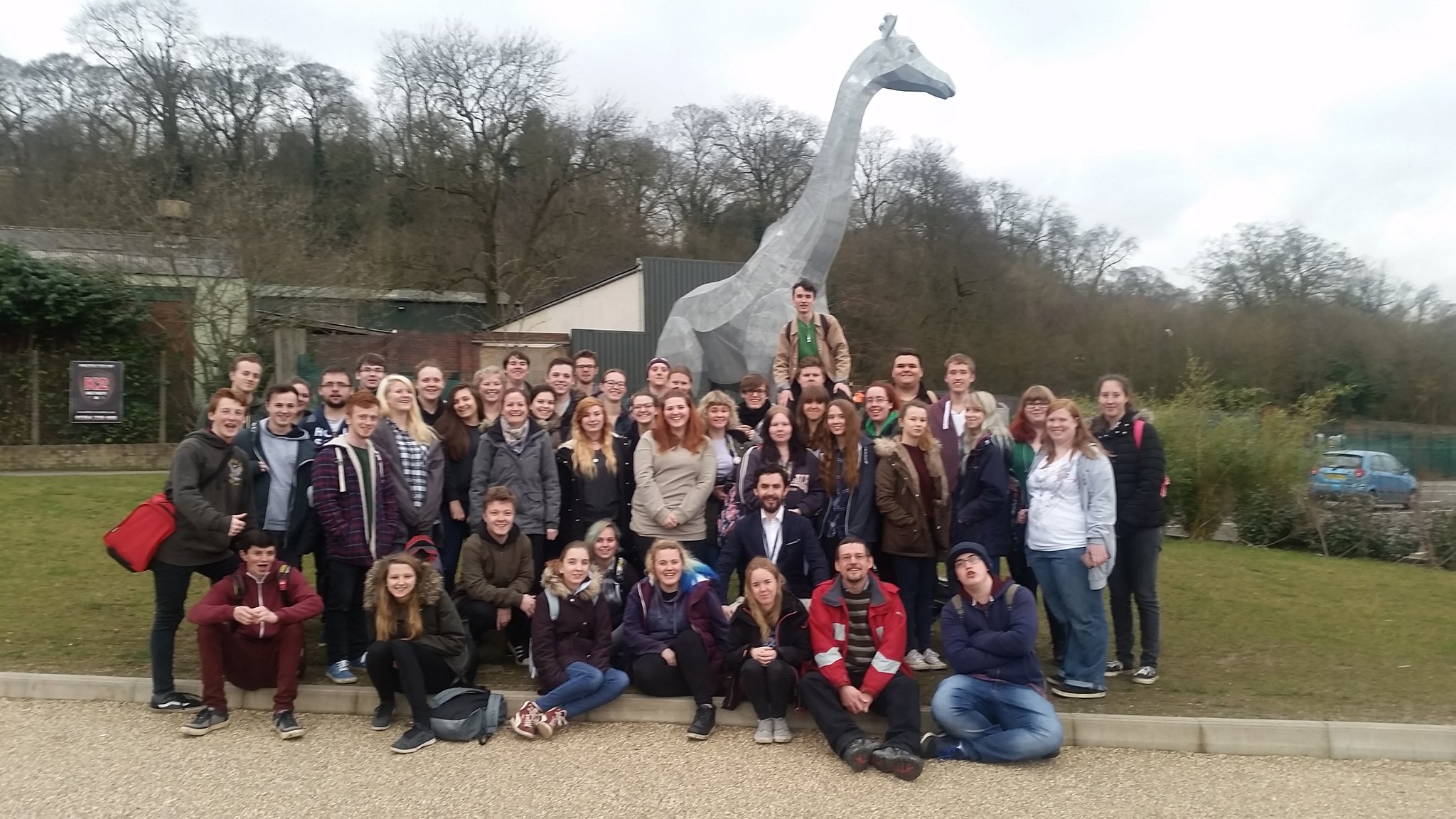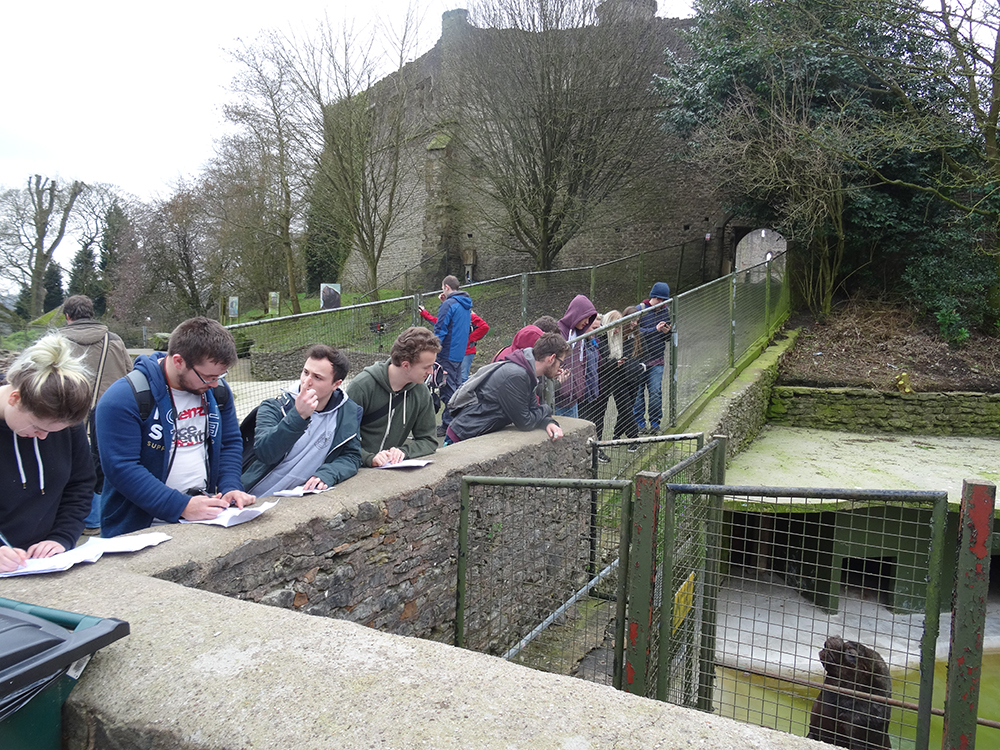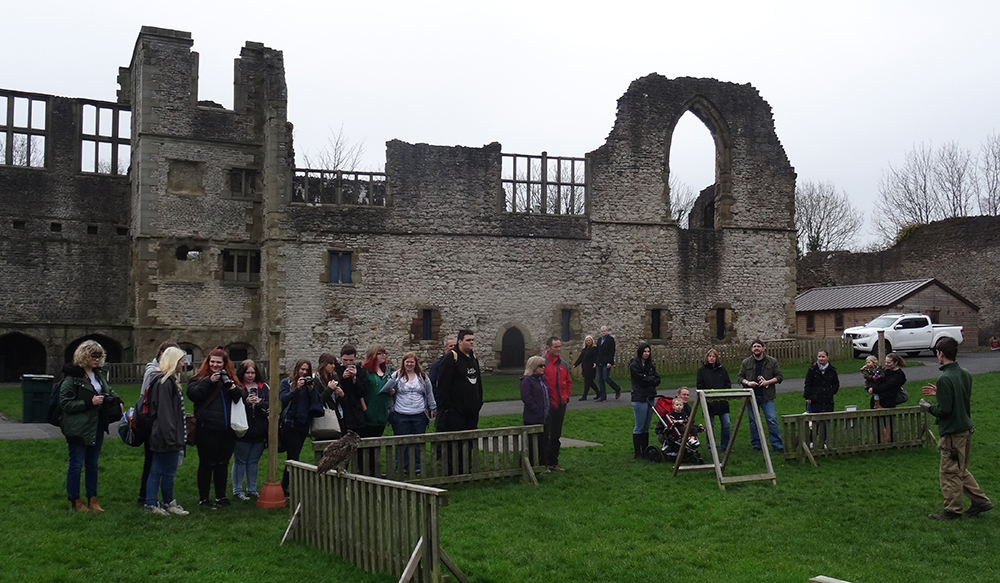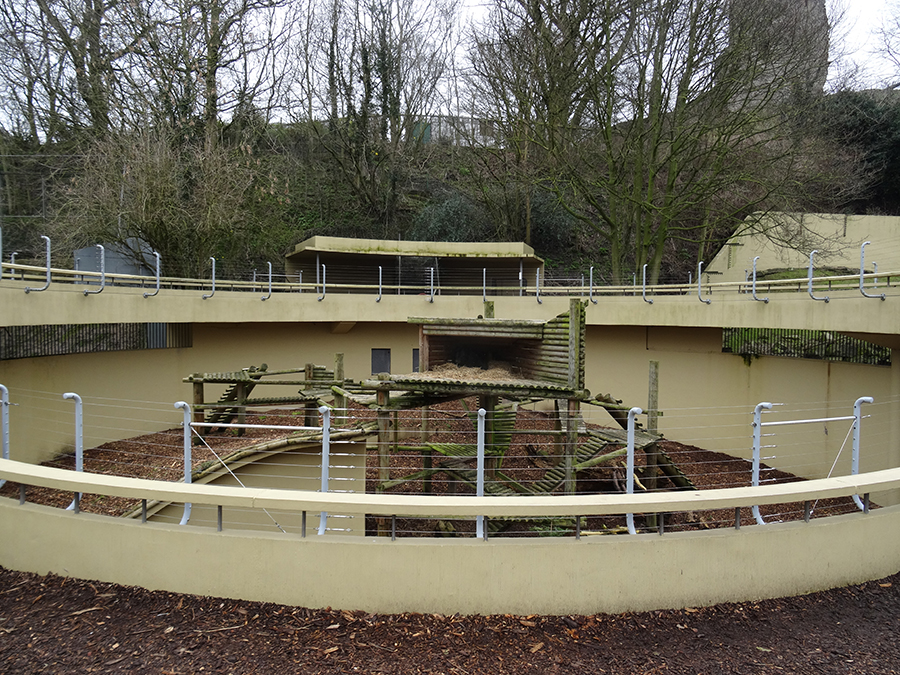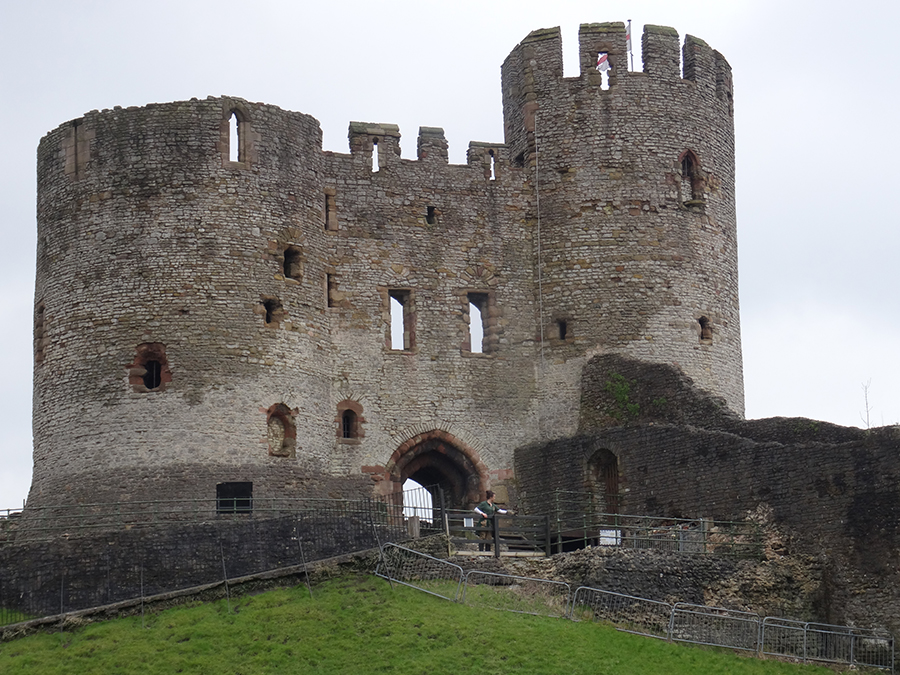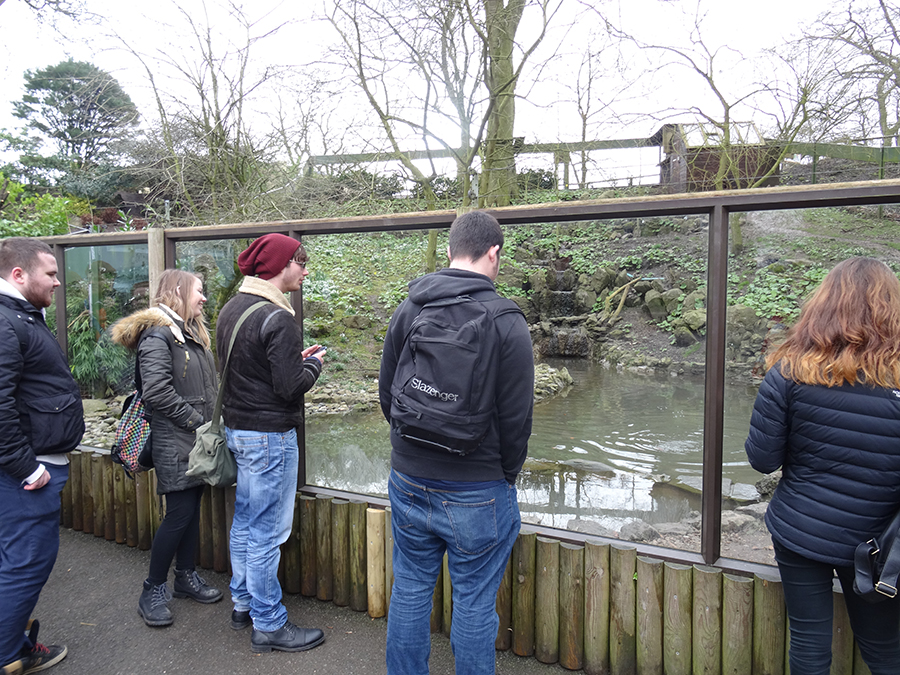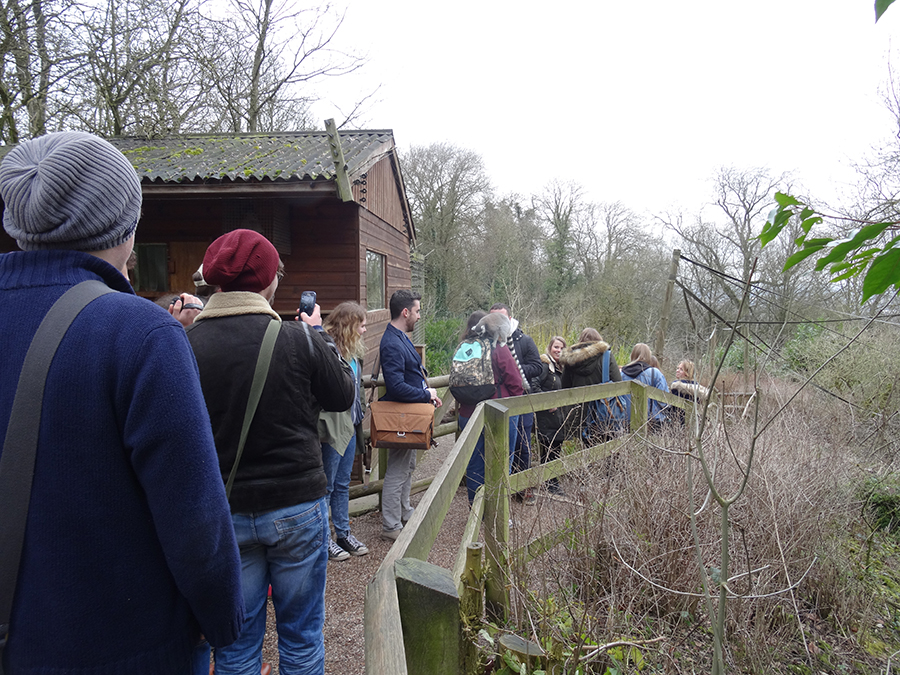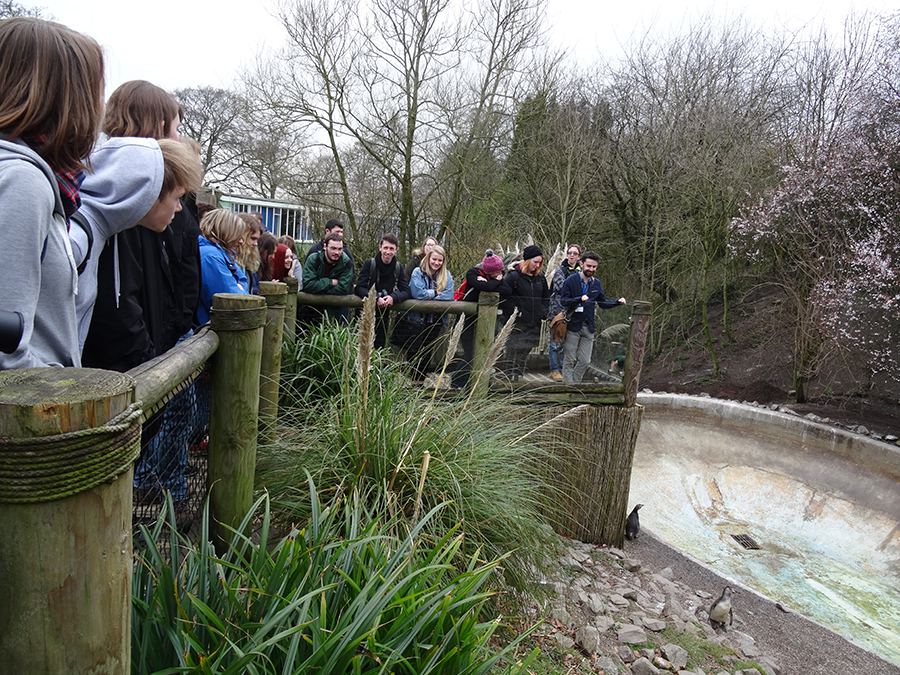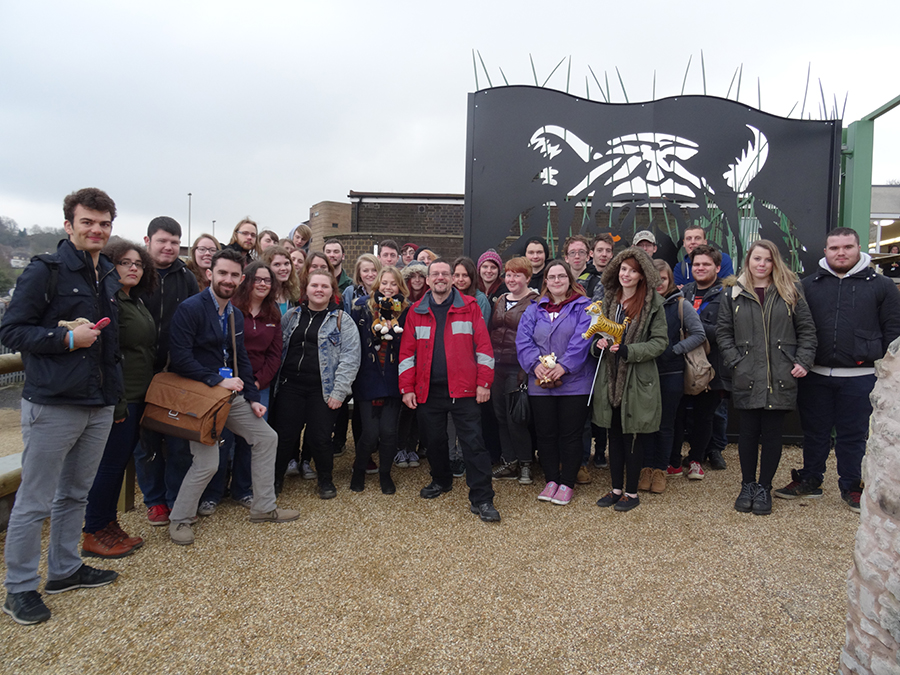Autumn has been stunning at home in Perthshire, Scotland and I have enjoyed seeing the trees and colours change as the weeks passed by through October especially. Being a Trustee of the Perth and Kinross Countryside Trust (PKCT) I encourage others to experience and explore this wonderful region and enjoy the great outdoors (at any time of year).
It was good to help represent PKCT on the ‘stand’ at Scotland The Big Picture conference held in Perth, featuring many case studies of rewilding and connectedness to nature. Whilst we have some wonderful wild outdoor spaces, its also important to acknowledge the landscapes that are artificially maintained, eg grouse moors and river systems where trees have been ‘taken out’ and of course there is now a good open discussion about the animal species that need to be in our habitats – beavers are back, white-tailed eagles, kites and ospreys are back… but what about lynx? wolf? bear? and others.
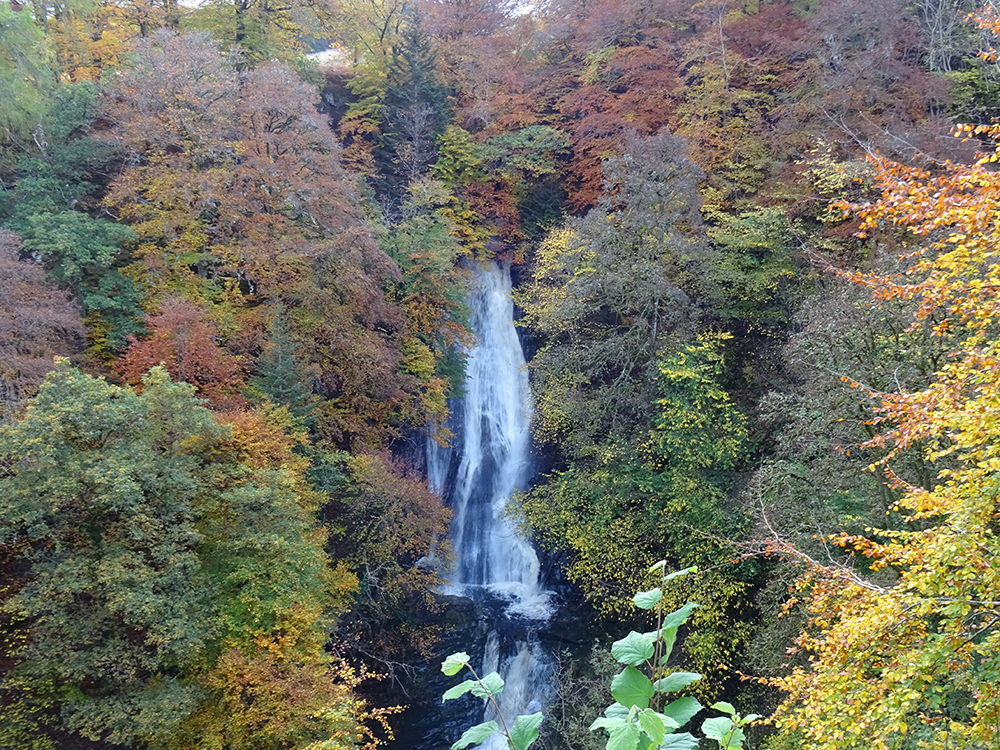
Autumn is always a time of change in nature and the beauty we see soon fades into the grey and more monochrome winter to come. I’m reminded that this time last year I was in the United Arab Emirates – where these seasons have no bearing, and I am thankful to be resident here, to experience all the seasonal changes, whilst able to visit other places with different climate and conditions.
COP27 in Egypt brings world attention to climate change once more, after what for the UK was an incredibly hot summer and may be the hottest year on record. However, the challenge of climate change is one that politicians and some companies still don’t recognise as critical to our future requiring action day on day, not just when media focus on a gathering to discuss it .. again! Autumn may well be very different in one or two generations time unless action is taken now.
Talking of politics… what on earth is happening? The UK is going through prime ministers and ministers like its just a game and this is no entertaining ‘game of thrones’ for the rest of us, it has had serious economic impact. The change we are facing is not one we expected even after the disaster of Brexit and challenge of covid or impact of the war in Ukraine. Many people, businesses and zoos face crippling rises in bills whilst other multi-nationals profits soar. Capitalism is broken and in its current incarnation is not a model for freedom and democracy.
ZooStephen activity has been ongoing but facing challenges too. In the last few months I have been doing a bit ‘extra’ on my voluntary work as a Trustee with both PKCT and the Dudley & West Midlands Zoological Society. It is an honour and privilege to be able to support and help these charities in their work and share some of my knowledge and expertise from the past 35 years working in conservation education.
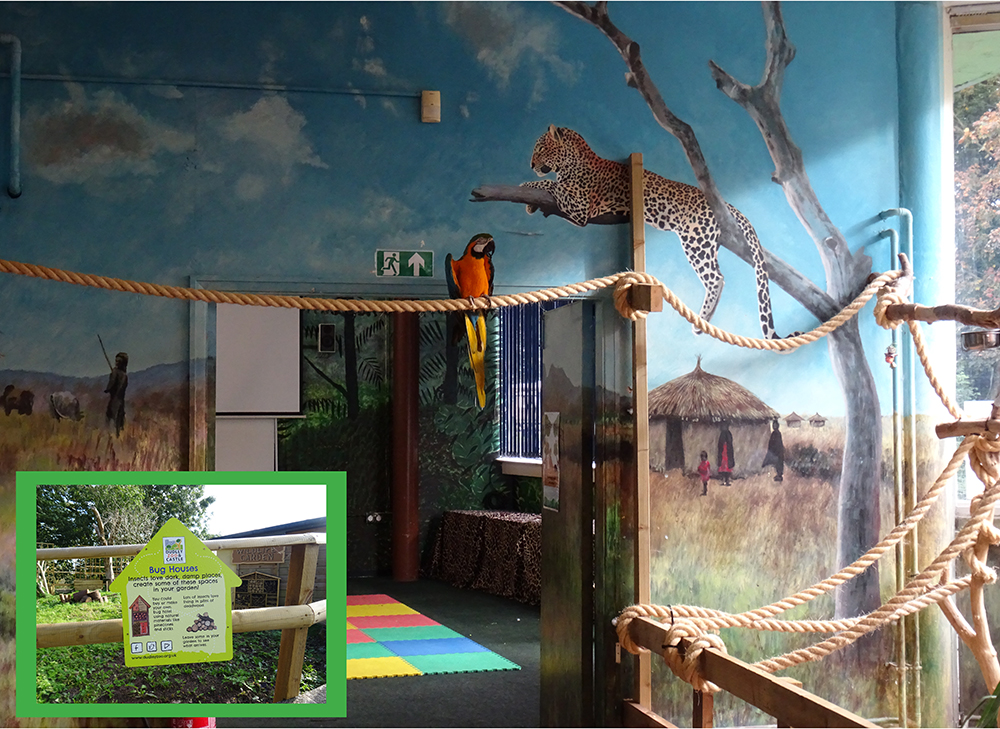
I was also honoured to be asked to do a guest blog for Wild Welfare with my thoughts on education. Primarily I focused on the fact ‘traditional’ fact-based learning is not the approach we need to improve welfare and conservation, its more about emotional engagement https://wildwelfare.org/education-animal-welfare/
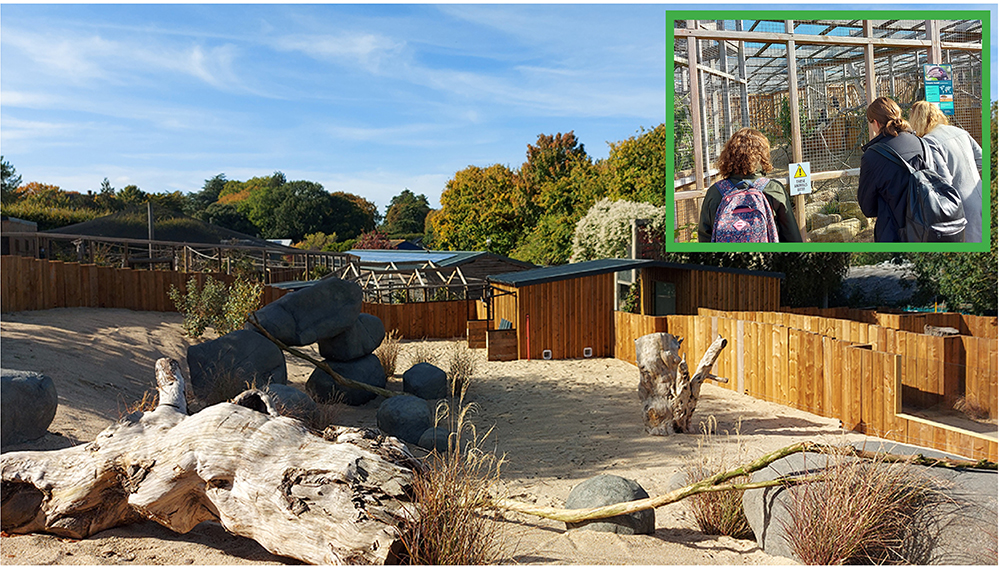
Meanwhile a new group of Apprentice Zookeepers began their course with Sparsholt College and I spent a morning with them in early October giving them an overview of zoo history, aims and objectives to welcome them to the course and profession. I continue to act as an assessor on the national zookeeper course DMZAA, and particularly being assessor for the Certificate version created for volunteer zookeepers.
This is indeed a time of change and challenge. It is uncertain what 2023 and beyond will have in store.

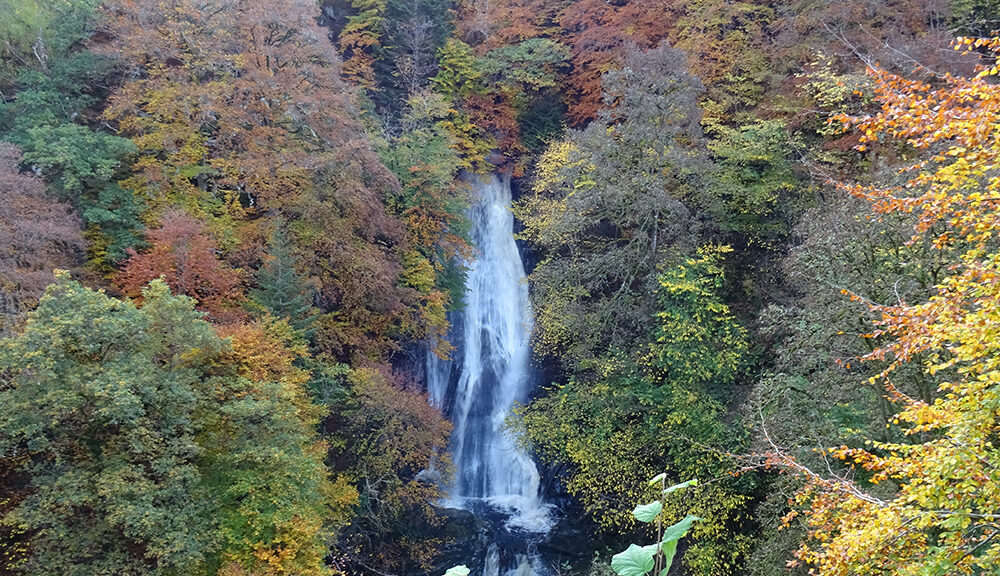
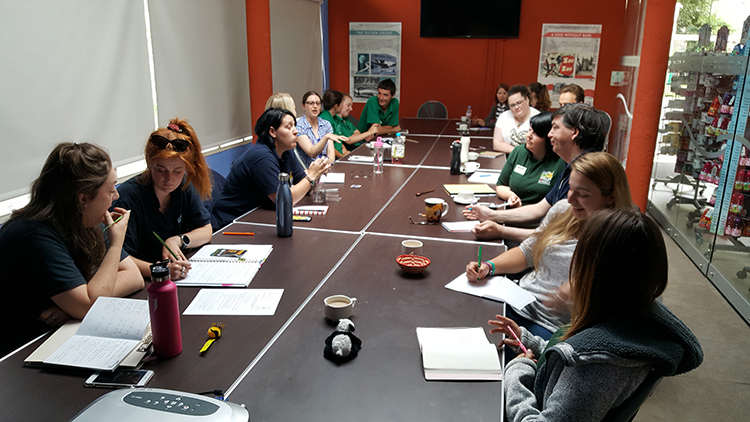 Communication and Presentation Skills training sessions are fun, and its great meeting new people.
Communication and Presentation Skills training sessions are fun, and its great meeting new people.